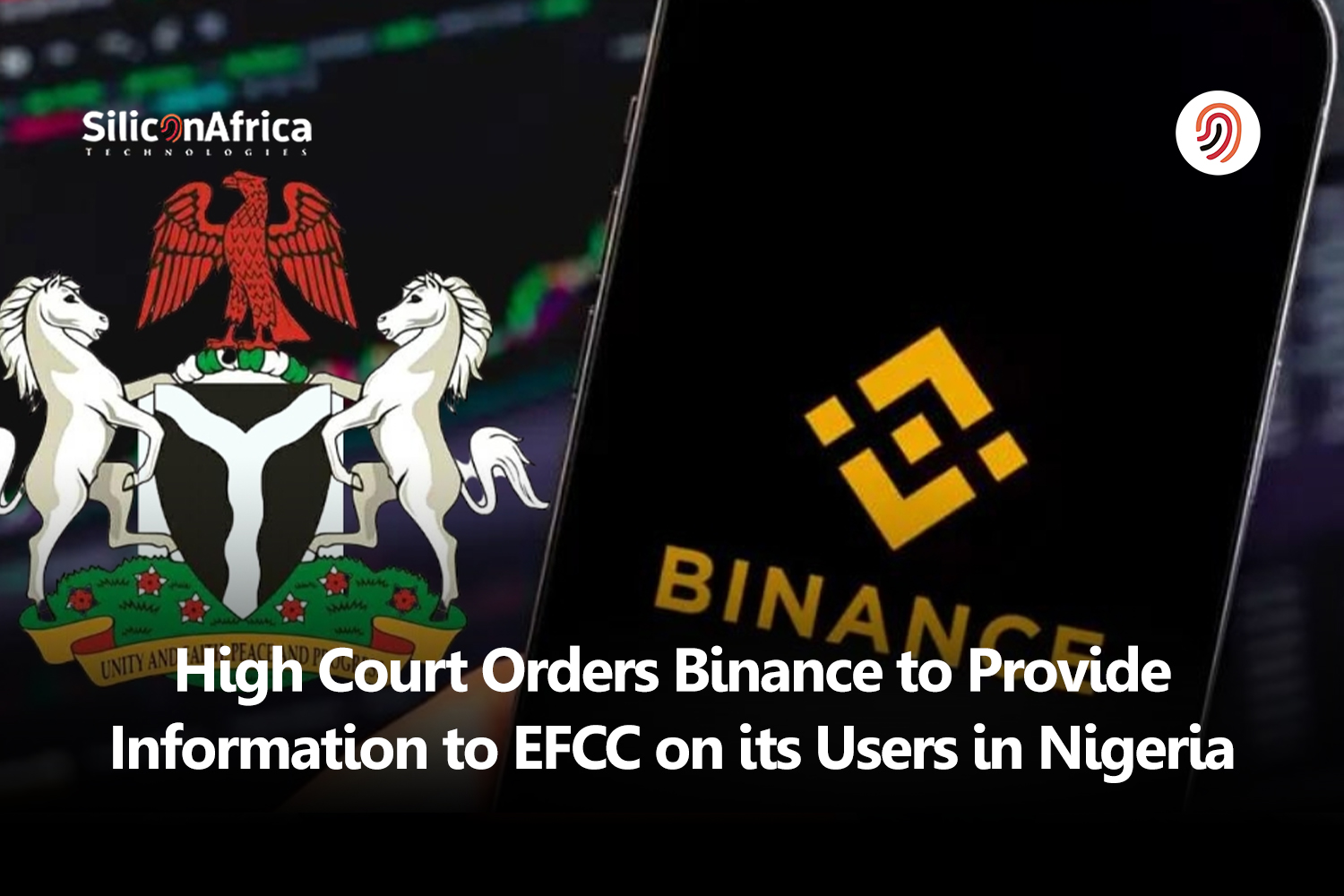Newsletter Subscribe
Enter your email address below and subscribe to our newsletter

In a landmark decision with significant implications for the cryptocurrency industry in Nigeria, a Federal High Court in Abuja has ordered Binance Holdings Limited to provide comprehensive information on all its Nigerian users to the Economic and Financial Crimes Commission (EFCC).
The court’s ruling, issued on February 29, 2024, but made public only recently, marks a major escalation in tensions between Nigerian authorities and the global cryptocurrency exchange.

The EFCC, Nigeria’s primary anti-graft agency, has expressed concerns about the potential for money laundering and terrorist financing using cryptocurrency platforms like Binance.
The agency filed an ex-parte motion before the court, arguing that certain elements of Binance’s operations in Nigeria violated sections of the EFCC Act, 2004, and the Money Laundering (Prevention and Prohibition) Act, 2022 (as amended).
The EFCC’s lawyer, Ekele Iheanacho, presented evidence suggesting a significant volume of cryptocurrency transactions linked to Nigeria on the Binance platform.
News reports cite figures exceeding $26 billion in unidentified funds flowing through Binance from Nigeria, raising red flags for the anti-graft agency.
Justice Emeka Nwite, presiding over the case, granted the EFCC’s request in an interim ruling.
The court order compels Binance to furnish the EFCC with “comprehensive data/information relating to all persons from Nigeria trading on its platform.”
This raises questions about the specific data points Binance might be required to disclose.
While the exact details of the information sought haven’t been publicly revealed, experts speculate it could include user names, addresses, transaction histories, and identity verification documents.
The breadth of this data could raise privacy concerns for Nigerian Binance users, who may be apprehensive about their financial information being shared with the authorities.
Read More: Binance Saga: Nigeria Demands Top 100 Users’ Data from Binance
The court order places Binance in a difficult position. The company has a global reputation for user privacy and may be reluctant to comply with such a wide-ranging data disclosure request.
Furthermore, complying with the order could potentially expose Binance to legal challenges from users concerned about their privacy rights.
News reports suggest ongoing negotiations between Binance and the Nigerian authorities.
The EFCC reportedly requested data on only the platform’s top 100 Nigerian users and their transaction history for the past six months initially.
However, the court order demands a much more comprehensive data set, potentially complicating negotiations.
The future course of action remains unclear. Binance could choose to appeal the court order, arguing that it oversteps its jurisdiction or infringes on user privacy.
Alternatively, negotiations with the EFCC might lead to a compromise on the scope of data disclosure.
This case has significant ramifications for the cryptocurrency industry in Nigeria.
It highlights the growing regulatory scrutiny surrounding cryptocurrency and the potential challenges faced by platforms operating in jurisdictions with stricter financial regulations.
The outcome of this case will be closely watched by industry stakeholders and cryptocurrency users in Nigeria and around the world.